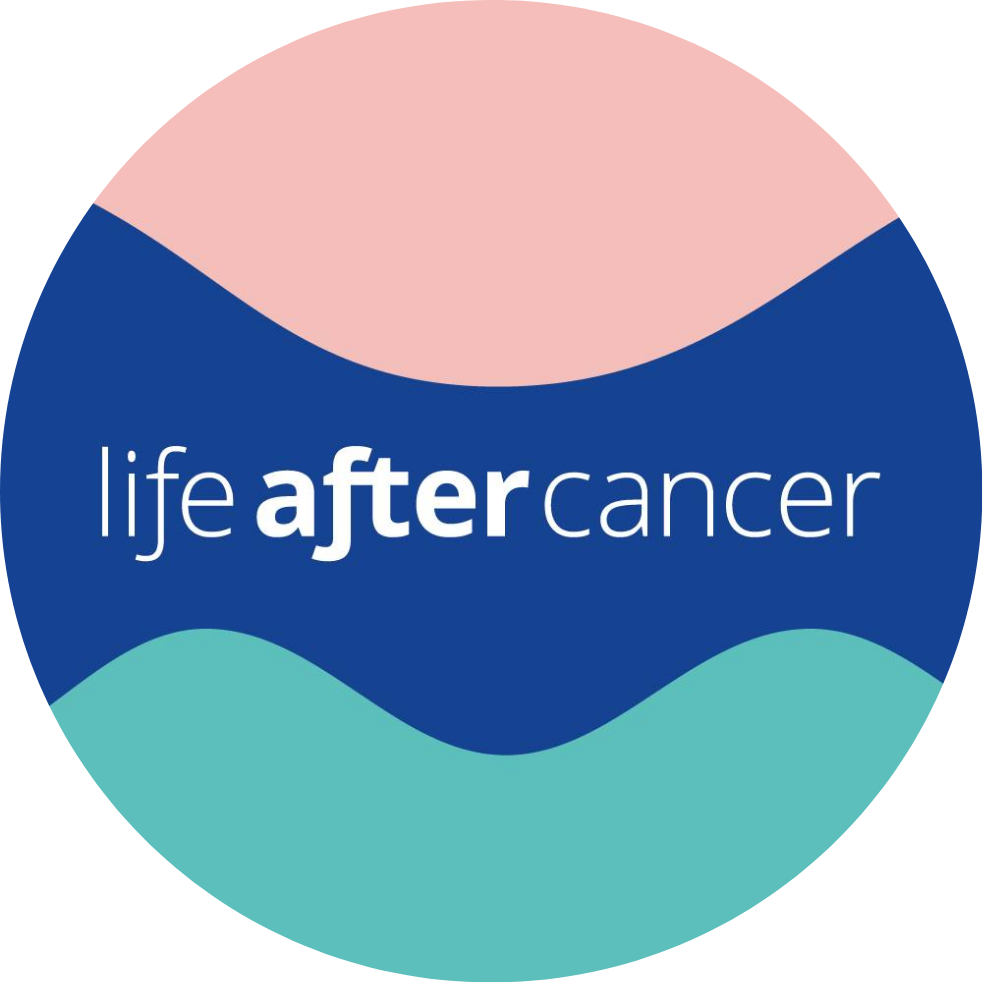How to navigate friendships after cancer treatment
- Life after Cancer

- Aug 20, 2022
- 4 min read
Updated: Oct 11, 2022
Life after cancer treatment can be an isolating time and one where you might expect friends to continue to offer support. But what happens if they don’t? How can we navigate this process to move forward?
We all expect friendships to naturally drift apart throughout our lives, as busy schedules take over and we discover we have less in common. We usually aren’t hurt by this gradual filtering process, but losing friends because of a cancer diagnosis just hits different.
Friendship breakdowns during or after a cancer diagnosis are unfortunately not unusual and if you have experienced this, you are not alone. In research carried out by War On Cancer 65% of respondents said that friends or relatives had disappeared or cut contact after their diagnosis.
If cancer has already left you feeling vulnerable or you are struggling with feelings of isolation, changes to your relationships can be another blow to your confidence that can be difficult to understand. But there are ways to move forward and navigate friendships after cancer.

5 ways to navigate friendships after cancer
Take time to process your emotions
Friendships are not always easy to navigate because you don’t always have access to what someone else is thinking or feeling. You do, however, have access to how you are feeling.
When a friendship ends, feelings of grief are common. Changing friendships as a result of cancer can be disorienting and disappointing. It is important to take time to reflect on what this change means to you and take time to process your grief and how you are feeling. There is no set time for how long this process is supposed to take.
If you find yourself overwhelmed by ruminating thoughts, journaling could help you get your feelings down on paper to begin identifying and working through them.
Practical exercise:
If you’re having trouble processing your feelings about the changes in a friendship, you could try writing a letter to an individual and then ripping it up or popping it in the bin. This will allow you to express your emotions honestly without worrying about anyone reading them and it may help you gain clarity on your feelings.
Show yourself some self-compassion
Become your own best friend by nurturing yourself with the kindness that you would show to a friend. If you often prioritise everyone else's wellbeing or looked to external sources for acceptance, now is the time to evaluate your own needs and treat yourself with compassion.
Self-care will look different from person to person, but wellbeing activities could include journalling, meditating, spending time in nature or trying something new and building your confidence.
You could try setting a daily or weekly goal of participating in at least one activity that will be beneficial to your emotional, mental, spiritual and physical wellbeing. Setting yourself an alarm for self-care activities or having a weekly schedule will allow you to prioritise your needs.
Focus on what's within your control
If you are already feeling vulnerable, seeing your friendships change around you may cause additional feelings of distress, sadness, anger, loneliness and shame. It can be hard not to take a friend disappearing personally or place blame on yourself.
Cancer has the ability to change people in a variety of different ways, even those that you may have thought of as your closest friends, and that is unfortunately outside of your control.
Try to see the situation from a different perspective
When the people close to you found out about your cancer diagnosis, they’ll probably have experienced a lot of the same emotions that you did.
They may have been scared, upset, angry, or shocked. They might not have known how to respond or may have found the news stirred up past trauma of a family member who was diagnosed with cancer, so they may have distanced themselves or engaged in behaviours which were unusual for them.
If a significant amount of time has passed, feelings of guilt, fear or embarrassment may prevent us from reaching out to someone that we really care about and really want to reconnect with.
If you are not ready to let go of a friendship and want to reconnect, you may need to make the first step. Making the first move can be difficult, but reconnecting with a friend will open up the lines of communication to give you both the chance to discuss how you are feeling.
Shift your focus
On the flip side, you may find that some friendships have grown stronger as a result of navigating the experience of cancer together. Take time to look at the people around you now or be open to meeting new people.
Maybe someone on the periphery of your circle stepped up to support you in ways you never imagined, or a connection with someone from the cancer community has allowed you to receive the support that you have been looking for.
You may not have the same friends you began your cancer treatment with, but the people standing by your side now, and the people that you haven’t met yet, could be the individuals who will enrich and enhance your life in the most wonderful way.
Are you looking to make new connections after cancer treatment?
If you would like to meet new people and talk to others who have experienced cancer, we welcome you to join our inclusive and friendly peer support group. By joining a support group, you will have the chance to be part of an amazing community.
Our support groups are a safe space to talk about your experiences with cancer with others who simply ‘get it’. If you are still unsure, our Cancer tribe blog looks at some of the benefits of peer support and how these groups may help you navigate your life after cancer.




Comments